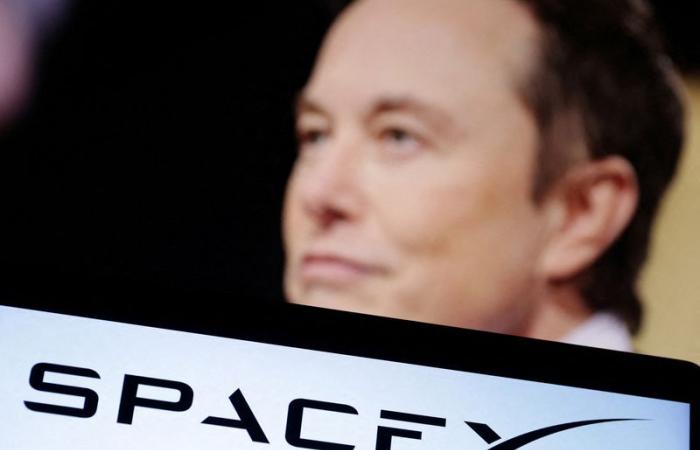Elon Musk, known for his multiple hats, has added a string to his bow: that of advisor to President-elect Donald Trump. This new position further strengthens its aura and influence, valuable assets to advance its projects, in particular the global development of Starlink, its satellite communications network.
Starlink, once an ambitious project, is now a reality. This division of SpaceX already offers Internet access in remote areas, such as the middle of the ocean. However, some countries remain reluctant to deploy it, fearing the presence of American satellites above their territory.
Strengthened credibility
Elon Musk’s political and media rise offers him a unique opportunity to push Starlink’s expansion. The increased attention around his person, materialized by the surge of action Tesla since the American elections, also benefits its other companies, notably SpaceX. As an advisor to the American president, Musk benefits from a position that could work in favor of the internationalization of Starlink.
For example, in his native South Africa, Musk recently negotiated the launch of Starlink services. To get around a rule requiring 30% participation by black men in companies operating in the territory, he promised local investments, particularly for the production of Tesla batteries. This approach illustrates a shift in the balance of power: once resistant, South Africa allowed itself to be convinced by Musk’s influence and strategic investments.
Competition that is getting tougher
However, Starlink is not alone in this ultra-competitive market. In November, CNES presented IRIS², a European multi-orbital satellite network project. With 300 satellites planned by 2030, this project remains far behind the nearly 7,000 satellites already deployed by Starlink in September 2024. This European initiative nevertheless marks an effort to compete with SpaceX in this “star wars”.
Besides IRIS², other players are positioning themselves in this battle for spatial connectivity: OnoWeb (Eutelsat), Kuiper Systems (Amazon), Telesat Lightspeed (Telesat), China SatNet (Chinese government), and Roscosmos Satellite Internet (Russian space agency). Each seeks to take a share of this booming market, putting pressure on Starlink to maintain its lead.






